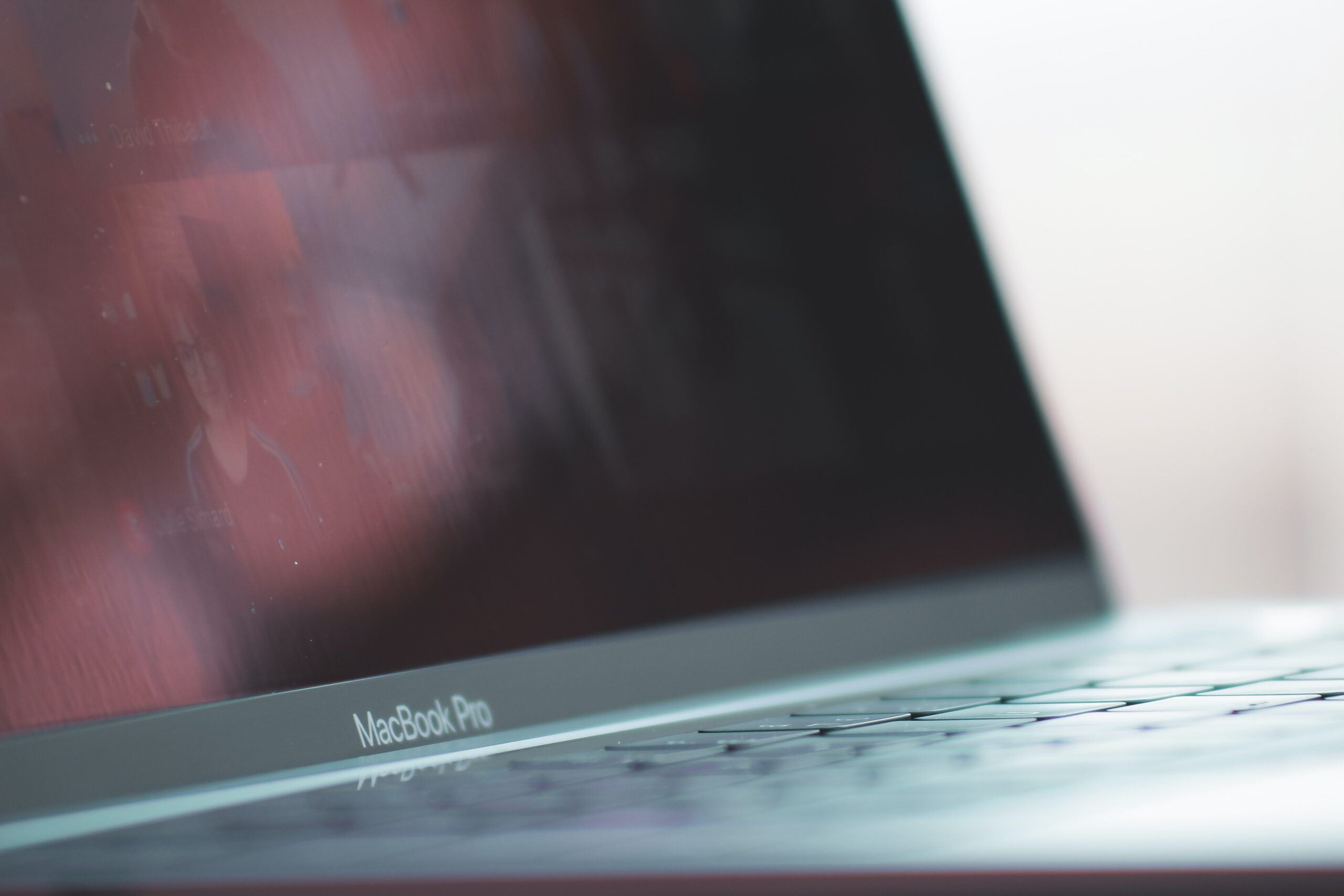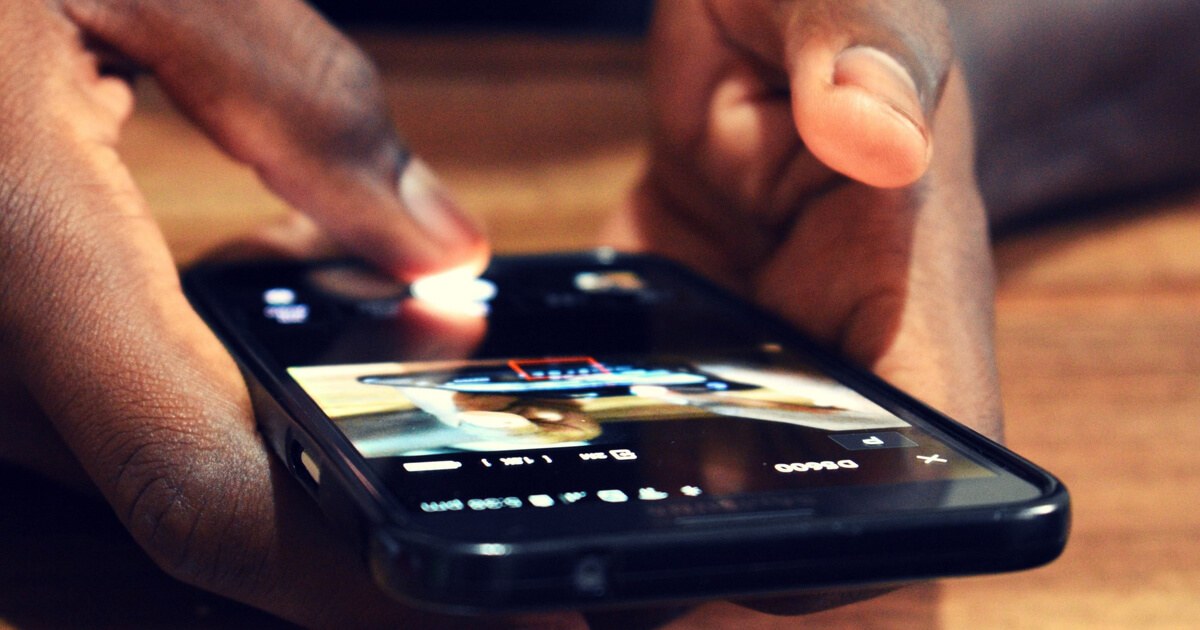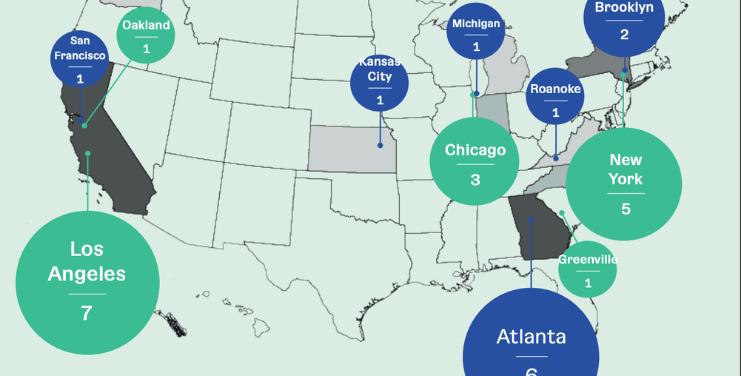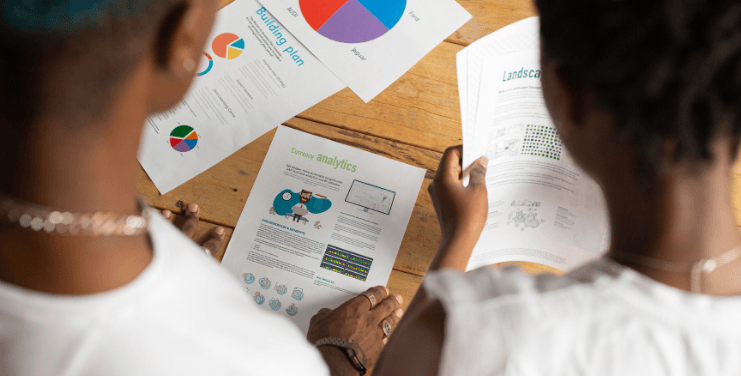KEY INSIGHTS
- Ninety-one percent of Black Americans say they use broadband services.
- Seventeen percent of Black youth rely on broadband service from a smartphone.
- Under new net neutrality rules, the lack of diversity in internet providers could set Black Americans back in digital equity.
The Federal Communications Commission (FCC) recently canceled a rule relating to Net Neutrality rule 2017, prohibiting broadband Internet providers from blocking, degrading, or interfering with Internet traffic from a Brookings Institute report.
In 2015, The FCC issued its Net Neutrality rule,” prohibiting broadband Internet providers from blocking, degrading, or interfering with Internet traffic in an effort to allow for more equality and freedom on the internet.
There was an outpouring of opposition to the rule. In 2017, the notice-and-comment rulemaking process, which allows anyone to send a comment to a proposed rule, originally collected support from 4 million comments of online users and rose to 22 million comments after the FCC’s decision.
Earlier this year, President Biden signed an executive order on Promoting Competition in the American Economy, that has many rules that will strengthen Net Neutrality. The White House outlined that the order calls on U.S. agencies like the FCC to implement 72 provisions that include Net Neutrality provisions.
Several states and people of Congress are adding to rules and regulations from the recession decision, according to Wired. Charter, the second-largest provider of broadband, will uphold Net Neutrality until 2023 from the terms of acquisition of Time Warner Cable. Then New York Governor Andrew Cuomo signed an order prohibiting businesses from working with a provider adhering to Net Neutrality rules. Other state governors from Montana, New Jersey, Hawaii and Vermont signed similar orders.
Wide-spread fraudulent comments and non-specific legislation adds to the digital divide for Black Americans.
In 2021, 91 percent of Black Americans said they use the internet, according to a Pew Research report. Seventy-one percent of Black Americans have at-home broadband access in contrast to 80 percent of white Americans.
Broadband needs have grown, but using the internet via smartphone as a primary internet source has decreased over the years. Reliance on internet via smartphone is more prominent among younger adults, according to a Pew Research report.
Seventeen percent of Black Americans depend on accessing the internet via smartphone, compared to 12 percent of white Americans and 25 percent of Hispanic Americans. Black students, in particular, face difficulty accessing the internet for completing assignments, otherwise known as the Homework Gap.
Congress released a report on the abuses of federal notice and comment rulemaking, but pre-existing laws from Congress haven’t laid out the extent of public participation in agency rulemaking.
The Administrative Procedure Act (APA), a law that controls the process of federal agencies, doesn’t reflect online comments or looking through relevant information from public opinion. APA has a stipulation that “interested persons” can comment on proposed rules, but legal issues have arisen from computer-generated comments. Agencies have also had a difficult time differentiating real comments from artificial intelligence (AI)-generated comments.
Deregulation of net neutrality rules puts Black internet providers at a disadvantage of ownership and progression, according to Roderick Grahman, Associate Professor of Sociology at Dominion University. Content providers could offer price lanes that Black internet providers may not be willing to pay. For example, a Black user could come to a Black content site that loads slower content, thus degrading the online experience. On the other hand, if the price lanes are paid, users will need to pay higher subscription rates.
Black providers like Workstarhiphop, an aggregating website for a Black audience, and streaming service Urban Movie Channel (UMC), are standing up to big providers with their unique lineup of content and resources. UMC provides new and old content that Hulu or Netflix can’t access, like a tribute to comedian Bernie Mac.
There are solution efforts for agencies to use AI to implement less process error, but still lack Black inclusion in the notice and comment process.
Technology could be integrated as part of the solution to lower fraud and process public comments. Agencies could adopt AI tools like eDiscovery context, which can streamline regular tasks and look through data at a quicker pace.
AI could potentially alert commenters on subjects and locate technical errors, according to researchers of the Administrative Conference of the United States, an independent federal agency creating recommendations about the processes the government uses to make rules and other legal decisions. If the external algorithm forms a legitimate comment flaw, the agency’s algorithm can flag it and send it off to a human representative for further investigation.
At the moment, the notice and comment process is not serving anyone, let alone Black Americans in the digital space. There must be more diverse workers in the AI units of the federal rulemaking process to ensure equality in public opinion.








